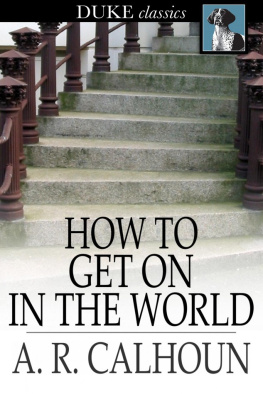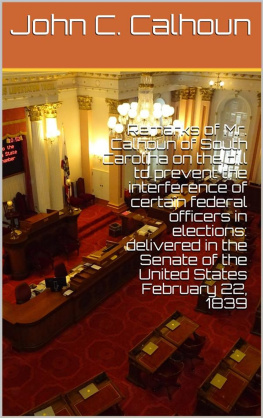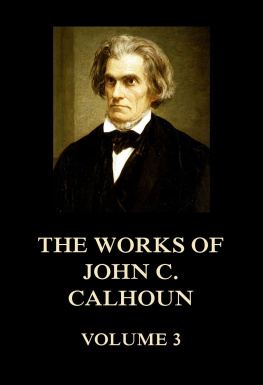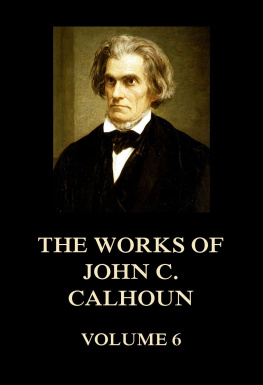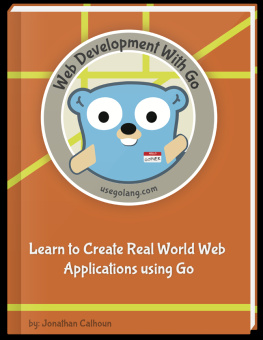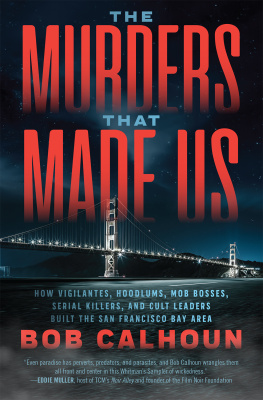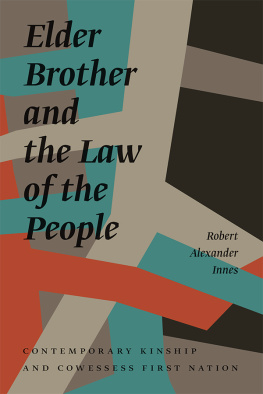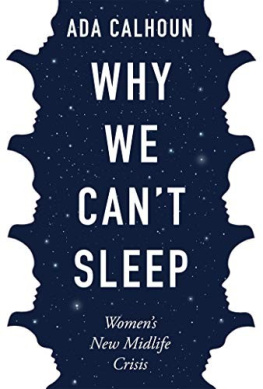Robert Elder - Calhoun
Here you can read online Robert Elder - Calhoun full text of the book (entire story) in english for free. Download pdf and epub, get meaning, cover and reviews about this ebook. year: 2021, publisher: Basic Books, genre: Politics. Description of the work, (preface) as well as reviews are available. Best literature library LitArk.com created for fans of good reading and offers a wide selection of genres:
Romance novel
Science fiction
Adventure
Detective
Science
History
Home and family
Prose
Art
Politics
Computer
Non-fiction
Religion
Business
Children
Humor
Choose a favorite category and find really read worthwhile books. Enjoy immersion in the world of imagination, feel the emotions of the characters or learn something new for yourself, make an fascinating discovery.

- Book:Calhoun
- Author:
- Publisher:Basic Books
- Genre:
- Year:2021
- Rating:3 / 5
- Favourites:Add to favourites
- Your mark:
- 60
- 1
- 2
- 3
- 4
- 5
Calhoun: summary, description and annotation
We offer to read an annotation, description, summary or preface (depends on what the author of the book "Calhoun" wrote himself). If you haven't found the necessary information about the book — write in the comments, we will try to find it.
Calhoun — read online for free the complete book (whole text) full work
Below is the text of the book, divided by pages. System saving the place of the last page read, allows you to conveniently read the book "Calhoun" online for free, without having to search again every time where you left off. Put a bookmark, and you can go to the page where you finished reading at any time.
Font size:
Interval:
Bookmark:
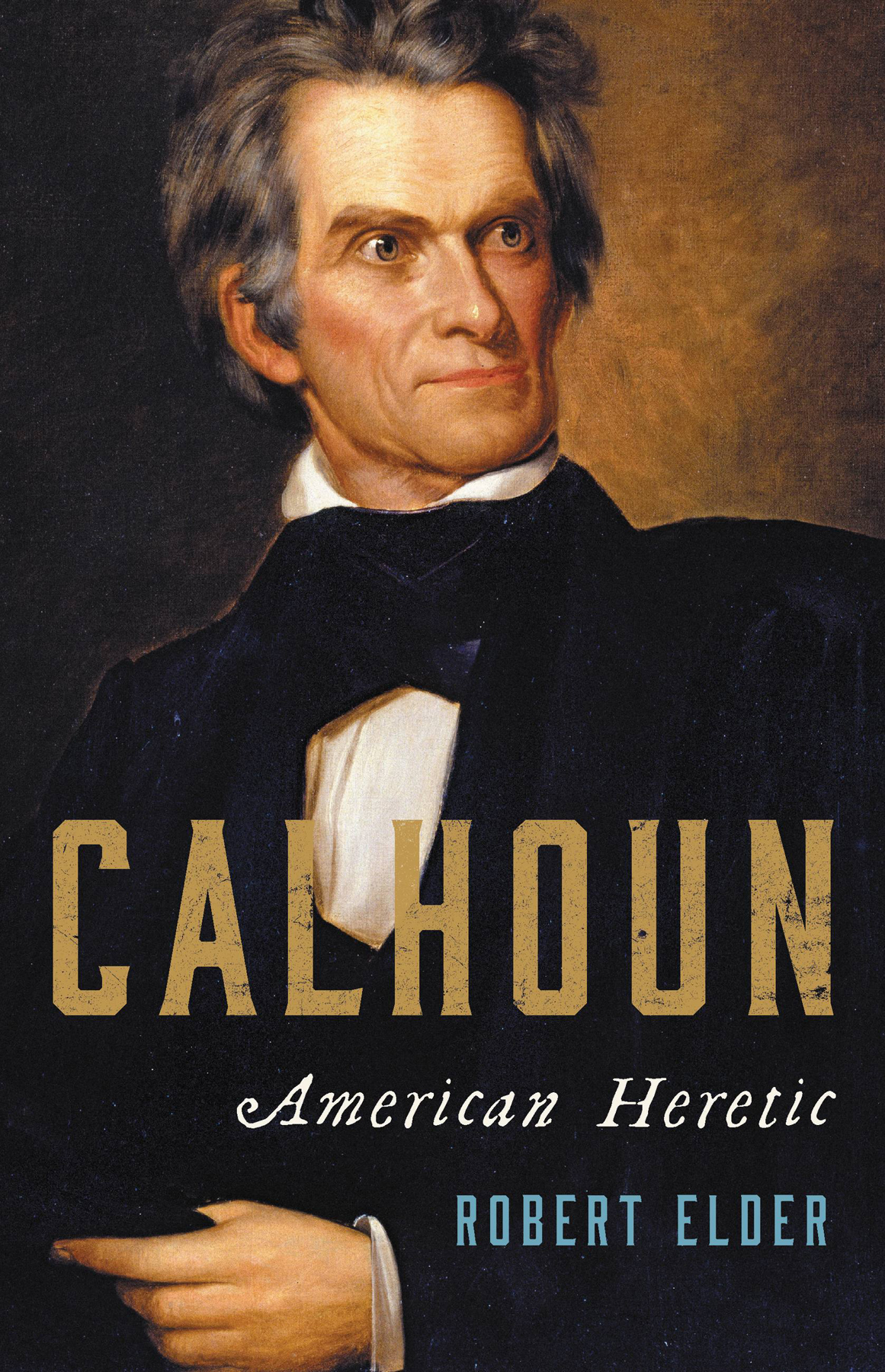
Copyright 2021 by Robert Elder
Cover design by Chin-Yee Lai
Cover images: Hi-Story / Alamy Stock Photo; NataLT / Shutterstock.com
Cover copyright 2021 by Hachette Book Group, Inc.
Hachette Book Group supports the right to free expression and the value of copyright. The purpose of copyright is to encourage writers and artists to produce the creative works that enrich our culture.
The scanning, uploading, and distribution of this book without permission is a theft of the authors intellectual property. If you would like permission to use material from the book (other than for review purposes), please contact permissions@hbgusa.com. Thank you for your support of the authors rights.
Basic Books
Hachette Book Group
1290 Avenue of the Americas, New York, NY 10104
www.basicbooks.com
First Edition: February 2021
Published by Basic Books, an imprint of Perseus Books, LLC, a subsidiary of Hachette Book Group, Inc. The Basic Books name and logo is a trademark of the Hachette Book Group.
The Hachette Speakers Bureau provides a wide range of authors for speaking events. To find out more, go to www.hachettespeakersbureau.com or call (866) 376-6591.
The publisher is not responsible for websites (or their content) that are not owned by the publisher.
Library of Congress Control Number: 2020947717
ISBNs: 978-0-4650-9644-2 (hardcover), 978-0-4650-9645-9 (ebook)
E3-20210107-JV-NF-ORI
To Philip, Dalton, Henry, and Caroline, for all their questions.
There was an infinity of firmest fortitude, a determinate, unsurrenderable wilfulness, in the fixed and fearless, forward dedication of that glance.
Herman Melville, Moby-Dick
I N THE EARLY MORNING HOURS of April 1, 1850, a young New York journalist named Joseph Scoville sat in a sparsely furnished room in a Washington, DC, boardinghouse, penning a letter to Thomas Green Clemson, the American charg daffaires in Belgium. I am writing this within a few feet of the venerated corpse of Mr. Calhoun, he wrote. I sat up with him the last night. I hardly know where or how to commence my letter. After relating the details of the famous senators final hours to Clemson, Calhouns son-in-law, Scoville closed, I have done now with politics. I will never serve under a lesser man, and his equal will never be found.
In New Haven, Connecticut, the aging Yale tutor and famous chemist Benjamin Silliman recorded a different reaction to the famous senators death. He was a first-rate young man, Silliman wrote of his old student, both for scholarship and talent, and for pure and gentlemanly conduct but his mind was of a peculiar structure, and his views also were often peculiar. With sadness, Silliman wrote, While I mourn for Mr. Calhoun as a friend, I regard the political course of his later years as disastrous to his country and not honorable to his memory, although I believe he had persuaded himself that it was right.
As the day progressed a steady stream of visitors came to see the body, dressed in the same black suit they had seen its owner wear on the Senate floor. The face, though deeply lined and emaciated by the
O NE HUNDRED AND SEVENTY years later, on June 17, 2020, amid ongoing protests throughout the country against racial injustice, Charleston mayor John Tecklenburg announced that the city would take down a monument to South Carolinas most famous political figure, which had stood in the citys Marion Square since 1896. That we as Charlestonians must reckon with Mr. Calhouns towering and deeply troubling legacy is a given, Tecklenburg said. That we must allow his memorial to continue to divide our city while we do that reckoning, however, is not a given.
The announcement in Charleston marked the culmination of John C. Calhouns remarkable reappearance in American national discourse more than a century and a half after his death. In the preceding years, journalists had noted a Calhoun revival in American politics, while one historian claimed that a conspiracy concocted by the modern right in the mid-twentieth century to undermine democracy and protect the interests of wealthy elites took its inspiration from him. Following a horrific, racially motivated shooting at a black church in Charleston in 2015, waves of protest against monuments to the Confederacy spread across the country, sparking calls to rename a residential college named for Calhoun at his alma mater, Yale University. A petition to rename Lake Calhoun outside Minneapolis, Minnesota, soon drew more than 1,700 signatures.history in an American context is impossible to explain without reference to John C. Calhoun.
F AME AND INFAMY ATTACHED themselves to Calhoun early in his life and have persisted since his death in 1850. Born to Scots-Irish immigrants in the backcountry of South Carolina in 1782, Calhoun was educated at Yale and elected to Congress in 1810. He played a central role in the War of 1812, served as secretary of war in the Monroe administration, and then as vice president under two very different presidents, John Quincy Adams and Andrew Jackson. It was during his term as Jacksons vice president that Calhoun drew on arguments first made by Thomas Jefferson and James Madison to craft his doctrine of state interposition or nullification, provoking a showdown between South Carolina and the national government. Parting with an earlier generation of southerners who viewed slavery as a necessary evil, as a US senator during the 1830s Calhoun formulated a defense of the peculiar institution as a positive good in a white democracy and became the foremost advocate of slaveholders right to carry their peculiar form of property into the new territories added by American imperialism in Mexico and the West. At the end of his life, in two of the most controversial and consequential political treatises in American history, A Disquisition on Government and A Discourse on the Constitution and Government of the United States, both published posthumously, Calhoun made the argument that every significant interest in a society should possess ironclad veto power in any legislative process, an idea that he called the concurrent majority. Calhouns aim was to save the Union as he thought it ought to be, but his theories helped lay the philosophical groundwork for southern secession a decade later.
Previous accounts of Calhouns life are of little help in explaining his sudden reappearance in the twenty-first century. The prevailing view of Calhoun among historians for the past half century and more
It is long past time to reevaluate whether John C. Calhoun was indeed out of step with the flow of history. In order to answer that question we have to consider him anew. It may be an uncomfortable exercise since, if done honestly, it will not confirm our comfortable preconceptions about him or about our history. Just as we can no longer dismiss slavery as a premodern labor system whose influence was restricted to one section of the country, opposed to modernity and antithetical to capitalism, a past that has no connection to our present, so we can no longer dismiss John C. Calhoun as the dark foil of an inevitable American progress and freedom. Instead, in any honest accounting, he belongs at the center of the stories we tell about our past. Unlike a monument, history cannot be torn down and bundled off to some dusty corner of a municipal warehouse without consequences. It must be told, fully, fairly, and honestly, or else we are left with a limited understanding of our past and no way to explain our present.
B Y HIS OWN INTERPRETATION of its history, John C. Calhoun was born before the Union. Martha Calhoun was three months pregnant with her fourth child when Cornwallis surrendered at Yorktown, and when the child, a boy, was born in March 1782, there was still no formal peace treaty between England and its former colonies. Revolutionary chaos still reigned in the South Carolina backcountry and British troops still occupied Charleston. For the previous two years South Carolina patriots and loyalists had been torturing and killing one another with a ferocity unmatched in any other colony, and in the months after the boys birth his kinsman Andrew Pickens was still leading military expeditions to subdue Cherokee along the frontier. Martha and her husband, Patrick, named the boy after her brother, who had been killed in front of his own house by loyalists during the war. All around John Caldwell Calhoun the world was bloody and new, still taking on shape and form.
Font size:
Interval:
Bookmark:
Similar books «Calhoun»
Look at similar books to Calhoun. We have selected literature similar in name and meaning in the hope of providing readers with more options to find new, interesting, not yet read works.
Discussion, reviews of the book Calhoun and just readers' own opinions. Leave your comments, write what you think about the work, its meaning or the main characters. Specify what exactly you liked and what you didn't like, and why you think so.


